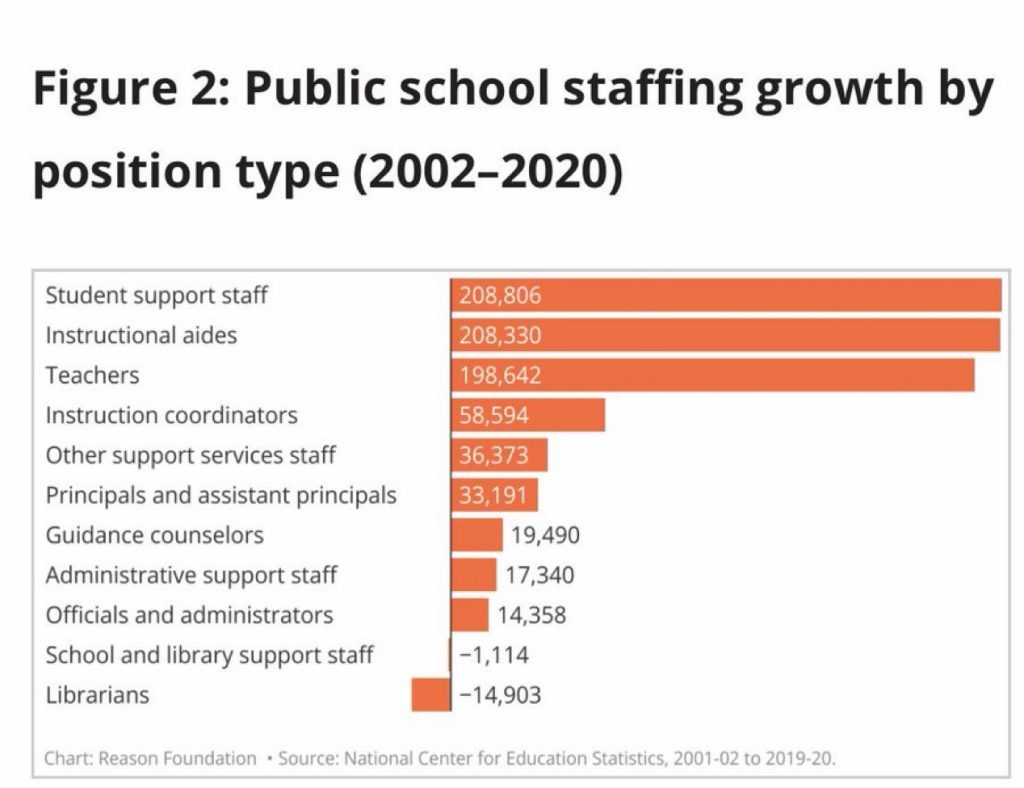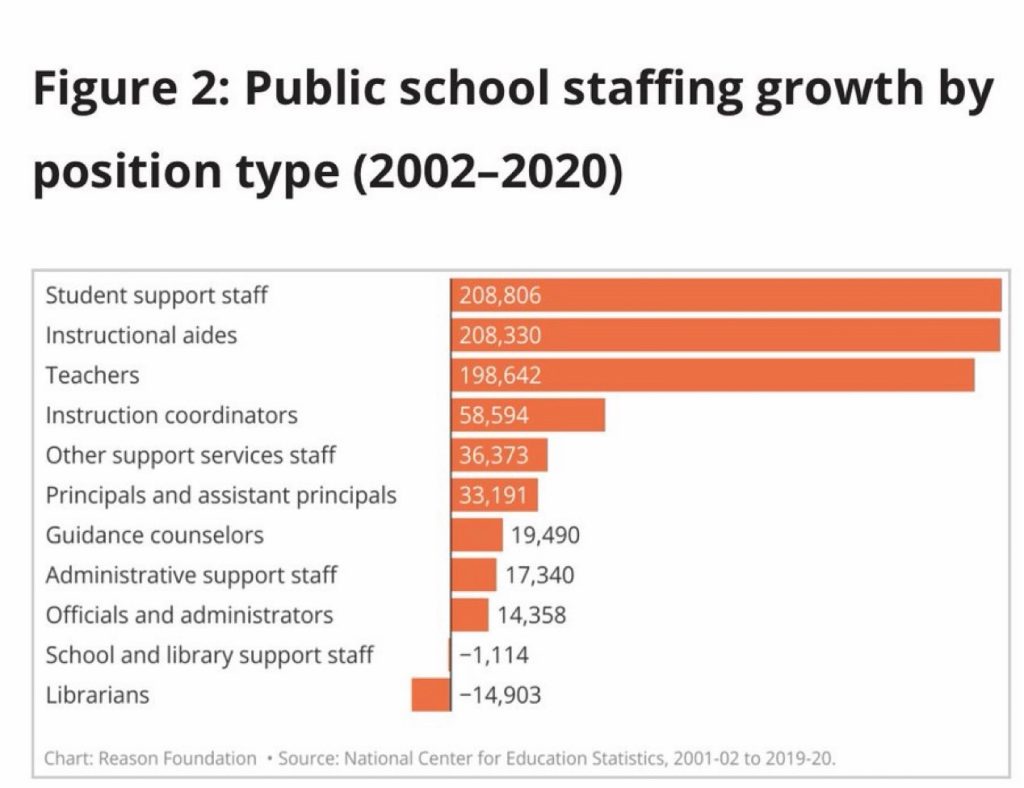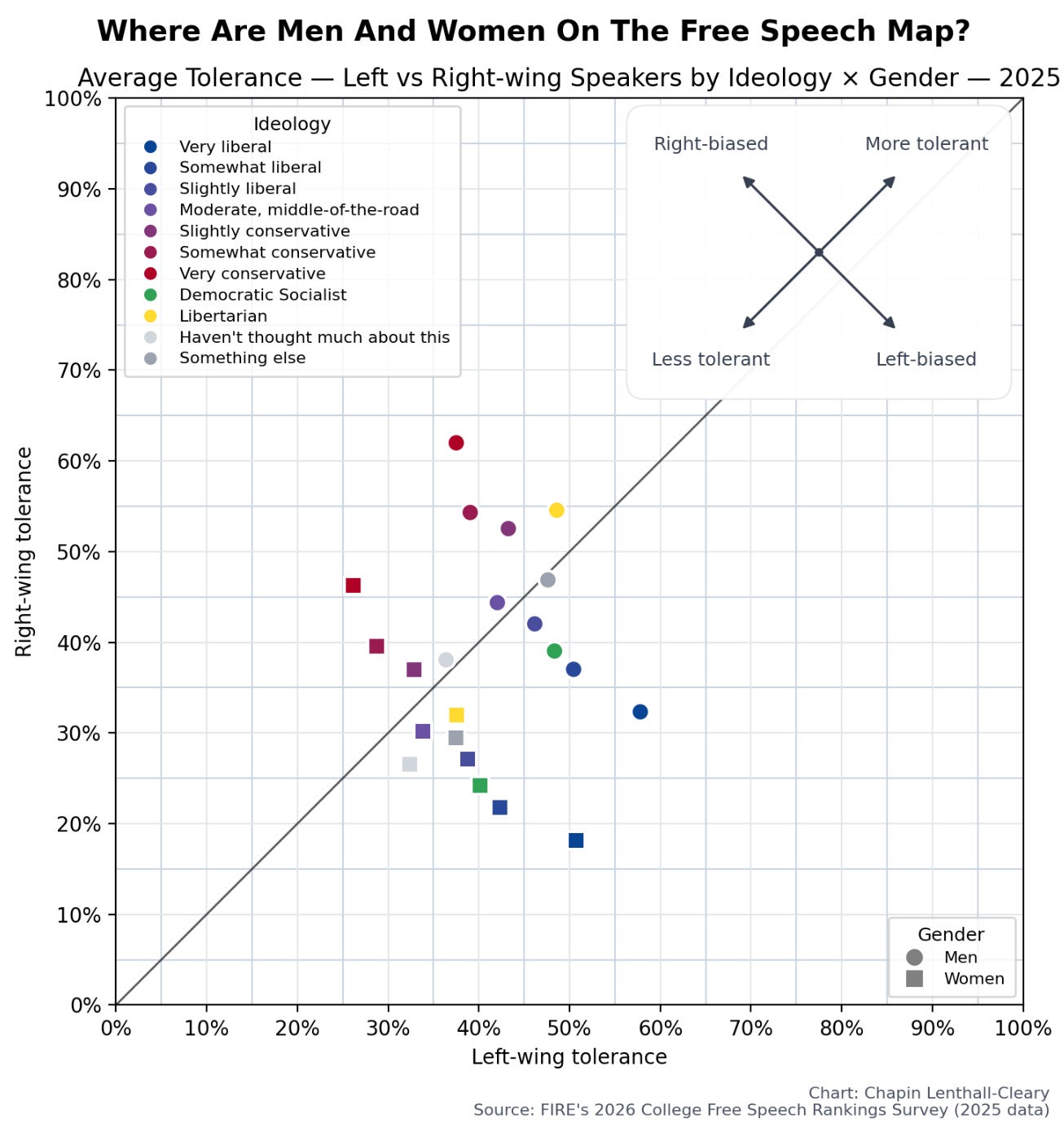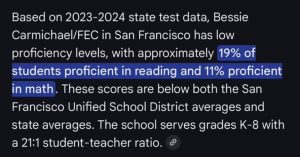Members of the Wisconsin Literacy Justice Coalition have talked with school district administrators about their ideas. FitzGerald described the district’s response to their proposals as “lukewarm,” while Wagner said the conversations so far have been “cordial” and the coalition is open to either taking a leading role or supporting the district’s plans.
“We need to build sustainability so that we can eventually get to every elementary school, every middle school, even every comprehensive high school, because we know that there are students struggling in every single level,” Wagner said. “In order to do that, you need infrastructure.”
Coalition members aren’t deterred or slowing down, though. At the recent Goodman Community Center presentation, dozens signed up to receive training and start tutoring.
“We invite those of you who know MMSD teachers and administrators to reach out to them and share your experiences, especially as you begin tutoring,” said Shel Gross, one of the coalition’s leaders. “This sends a strong message to our schools and the school district that this community is ready to show up to address the literacy crisis.”
———-
A.B.T.: “Ain’t been taught.”
8,897 (!) Madison 4k to 3rd grade students scored lower than 75% of the students in the national comparison group during the 2024-2025 school year.
Madison taxpayers have long supported far above average (now > $26,000 per student) K-12 tax & spending practices. This, despite long term, disastrous reading results.
Madison Schools: More $, No Accountability
The taxpayer funded Madison School District long used Reading Recovery…
The data clearly indicate that being able to read is not a requirement for graduation at (Madison) East, especially if you are black or Hispanic”
My Question to Wisconsin Governor Tony Evers on Teacher Mulligans and our Disastrous Reading Results
2017: West High Reading Interventionist Teacher’s Remarks to the School Board on Madison’s Disastrous Reading Results
Madison’s taxpayer supported K-12 school district, despite spending far more than most, has long tolerated disastrous reading results.
“An emphasis on adult employment”
Wisconsin Public Policy Forum Madison School District Report[PDF]
WEAC: $1.57 million for Four Wisconsin Senators
Friday Afternoon Veto: Governor Evers Rejects AB446/SB454; an effort to address our long term, disastrous reading results
Booked, but can’t read (Madison): functional literacy, National citizenship and the new face of Dred Scott in the age of mass incarceration.
When A Stands for Average: Students at the UW-Madison School of Education Receive Sky-High Grades. How Smart is That?





